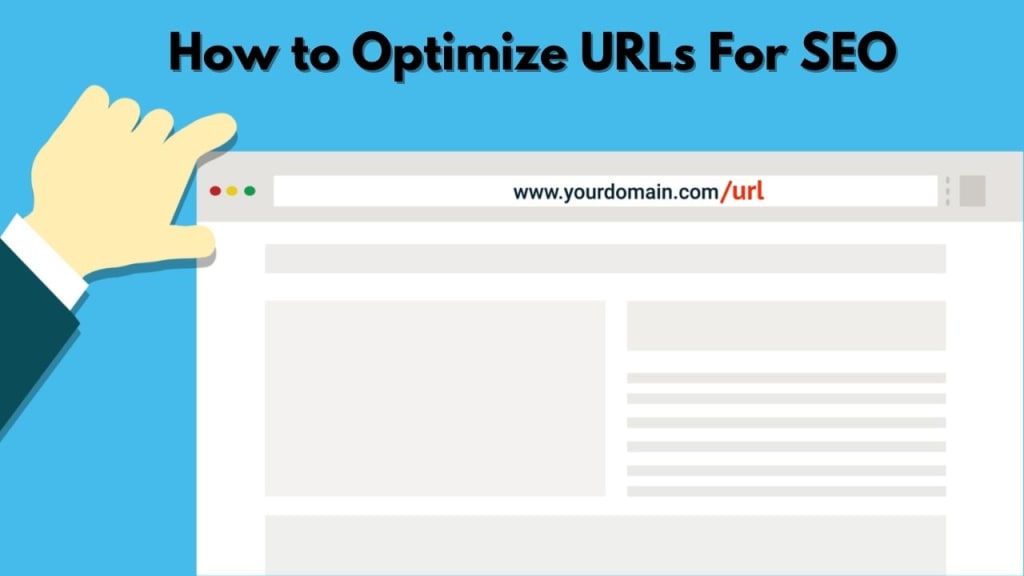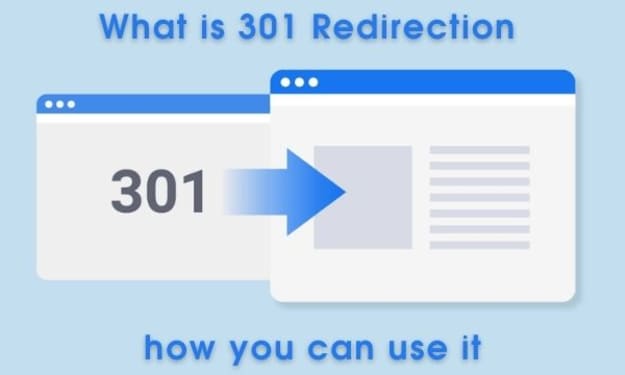How to optimize URLs for SEO
Tips of Optimize URLs for SEO

Before discussing how to optimize URLs in SEO(Search Engine Optimization), we all need to know that What a URL is? In simple terms, a URL is a text or a Web address displayed in a browser's address bar, or it's a replacement of an IP address(numbers) to provide users and search engines more readability. URL is a combination of a domain name, path, and protocol (like Http, Https, etc.).
Now let's start discussing the importance of SEO friendly URLs and How to optimize URLs for SEO. There are various factors from which URLs are composed, but we are talking about some important ones which help you in increasing your ranking and visibility.
1. URLs must be user-friendly
It would help if you used a simple and clean URL So that both the user and search engine are both capable of reading your URL. All readers read your URL's words, and after that, they know what this page is about. Therefore, you cannot use automatically generated URLs. Instead, you should use URLs customized according to your content and goals.
For Example, If you have a bookselling website which sells rich dad poor dad book, then the optimized URL is below:
https://domainname.com/rich-dad-poor-dad/
Don't use it like this: http://domainname.com/index.php?=4754275=r44=?t=777
2. Organized Content
Most of the time, the search engine gives more importance to your root folder's web pages as better content and perhaps top-level. So whenever you organize your URLs structure, be aware, and be careful. So be aware and very careful whenever you structure your URLs. The URL structure indicates the importance of the page of your site.
When the thing is about the authority, URLs like https://domain.com/target-keyword have more authority than https://domain.com/category/target-keyword.
3. Don't use Capital Letters
Using capital letters in a URL is more confusing for both Readers(Peoples) and Search engines. It is more challenging to remember URLs that are created using capital letters.
For example, Domain.com/specific-keyword is an entirely different URL than domain.com/Specific-Keyword.
4. Must use your Target Keyword
It's really very important to use a Target keyword in your URLs. Most of the time, target keywords are not used on the homepage. Try your best to integrate your target keyword as per your product or category pages. For example, if your target keyword for a particular page is the best mobile phone in India, then your URL should be https://domain.com/best-mobile-phones.
5. Canonical URLs
Sometimes the pages of your website create some duplicate content accidentally. It should be done by the dynamic pages. And you don't want to do something like that intentionally, so you can use canonical URLs. If you want a specific URL to become the preferred URL, then a canonical tag could be used, even if others are directly from similar content.
If you want to use a canonical tag, you just need to add a rel=" canonical" in the head tag of the same content pages. For example :
<link rel=”canonical” href=”http://domain.com/specific-keyword” />
6. Use Hyphens don't use Underscore
If your URLs have more than one word and you want to separate them, then use hyphens(or Dashes) instead of Underscore. The algorithm of Google was developed to recognize hyphens. It doesn't read Underscore. You have to optimize your URLs as per Google's algorithm to get higher ranked on the biggest search engine of the world.
Example: https://domain.com/best-mobile-phones/ is the correct one,
and the incorrect URL is https://domain.com/best_mobile_phones/
7. Include Favicon
If you don't know about Favicon, then the little icon seen next to the URL browser is known as the Favicon. The Favicon doesn't have a direct impact on your ranking, but, it's more important to show your brand and its visibility. It's important to have a Favicon.
Follow these steps and you will easily optimize your website URLs yourself. Many people do thereself and some are hire an SEO Services. And know how to do SEO and rank website.





Comments
There are no comments for this story
Be the first to respond and start the conversation.